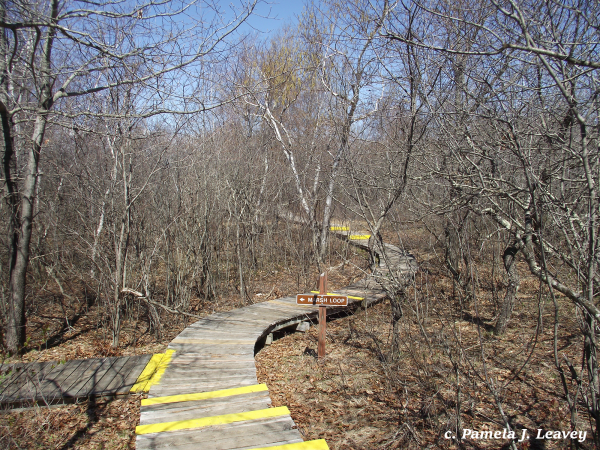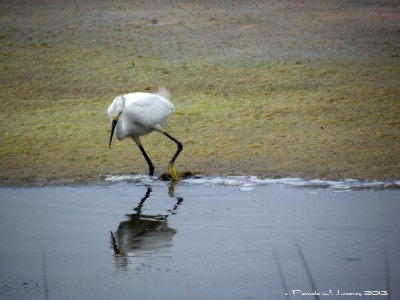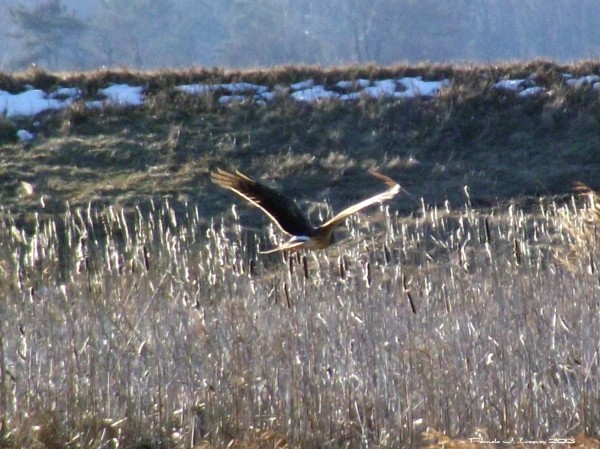Ralph Waldo Emerson’s Nature is a series of eight essays that touch upon a variety of thoughts on nature in writings on Nature, Commodity, Beauty, Language, Discipline, Idealism, Spirit and Prospects. Emerson’s essays were initially published anonymously and were influenced by his early form of Transcendentalism. He composed the essays in Nature after leaving the Unitarian ministry. (Emerson p. viii) Emerson’s Nature has influenced Emerson’s friend Henry David Thoreau, John Muir, John Burroughs and many others since its first publication. What Emerson entreats in Nature is that man must foray into nature in order to understand the “perpetual presence of the sublime.” (Emerson p. 6)
I am forever caught up in the “perpetual presence of the sublime,” that Emerson speaks of, for nature never ceases to amaze me and in that, my heart is like that of a child, as Emerson alludes: “The lover of nature is he whose inward and outward senses are still truly adjusted to each other, who has retained the spirit of infancy even into the era of manhood.” (Emerson p. 7)
Emerson speaks to my soul when he says, “In the wilderness, I find something more dear and connate than in streets or villages,” (Emerson p. 8) for I see the wilderness as the most blessed of places where beauty is forever changing moment by moment. Nature is such that it is constantly changing with its own forces at work constantly, the wind, the skies, the oceans, the forest, the fields. All ever changing. All ever beautiful even in its decay. (more…)
Related Images:











